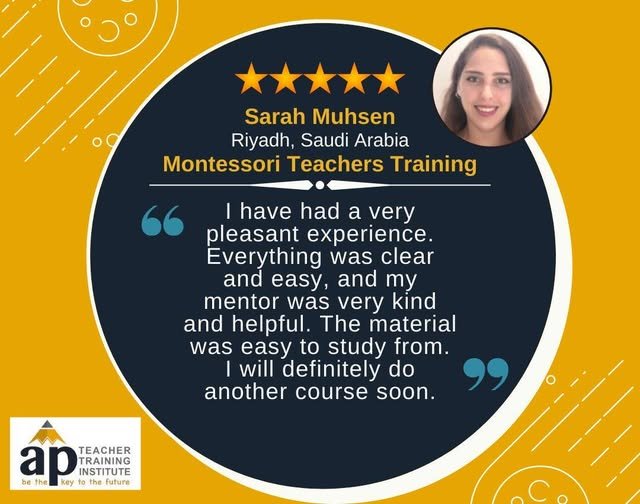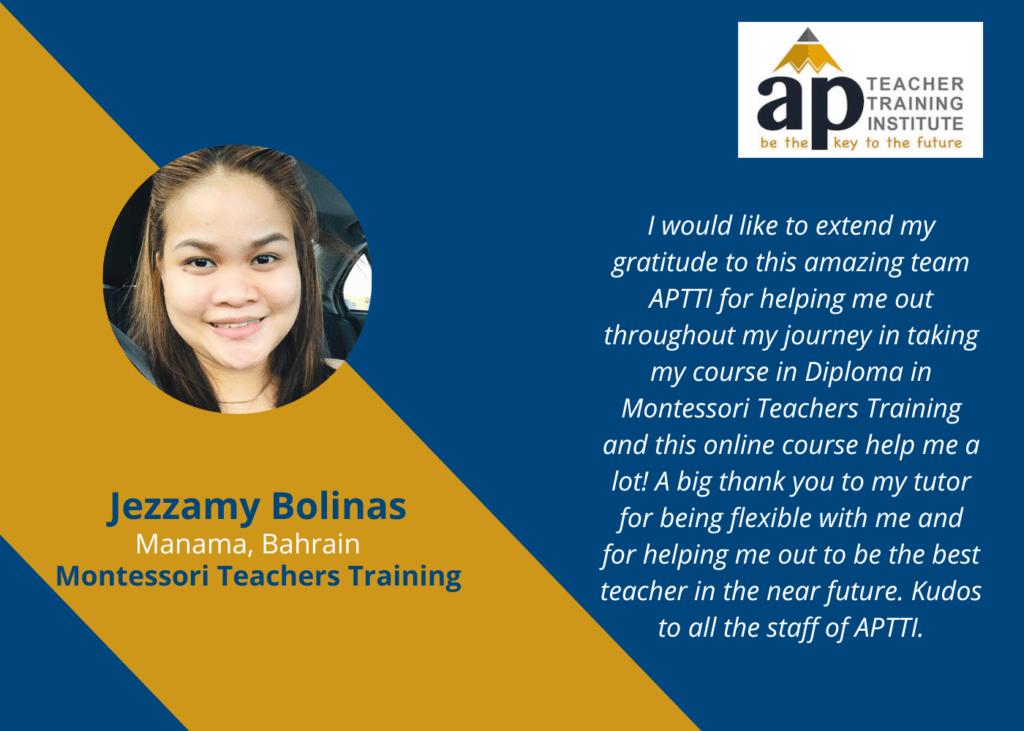Networking & Community: Connecting with Fellow Montessori Trainees Online
If you’re passionate about nurturing children’s independence, creativity, and love for learning, then pursuing Montessori teacher training can be one of the most fulfilling career decisions you make. Rooted in the philosophy of Dr. Maria Montessori, this training equips educators with the skills and knowledge to create child-centred learning environments where curiosity and discovery thrive.
What Is Montessori Teacher Training Course?
Montessori teacher training course prepares educators to guide children through hands-on, self-directed learning experiences. Rather than traditional teacher-led instruction, the Montessori approach encourages children to explore concepts through carefully designed materials and real-life experiences.
Core Components of Montessori Training:
A Montessori training typically includes:
- Montessori Philosophy and Child Development: Understanding the stages of child growth, independence, and the importance of self-discipline.
- Practical Life and Sensorial Training: Learning to use Montessori materials that enhance fine motor skills, focus, and sensory perception.
- Language and Mathematics Modules: Training to introduce early literacy and numeracy through hands-on materials.
- Cultural Subjects: Teaching geography, art, and science in ways that connect children with the world around them.
- Observation and Practicum: Real classroom experience under supervision, where trainees apply theory to practice.

Why Choose Montessori Teacher Training?
Becoming a Montessori educator is more than a career move—it’s a commitment to shaping children’s lives through compassion and innovation. Here’s why thousands choose this path:
- Growing Global Demand: Montessori schools are expanding worldwide, increasing the need for certified teachers.
- Flexible Career Opportunities: Graduates can work as Montessori guides, early childhood educators, or open their own learning centres.
- Meaningful Work: Teachers find deep satisfaction in fostering independence and confidence in young learners.
- Lifelong Learning: Montessori educators develop reflective practices, constantly evolving alongside their students.
According to education experts, Montessori-trained teachers are often better equipped to create engaging, inclusive environments that support each child’s pace and personality.

Types of Montessori Training Courses
There are several ways to pursue your Montessori teacher training course, depending on your lifestyle and goals.
-
In-Person Montessori Training
This traditional approach offers immersive, hands-on experience in a Montessori classroom setting. You’ll work directly with materials, observe children, and interact closely with instructors and peers.
-
Blended Learning
A combination of online theory and in-person practice, blended learning provides flexibility without sacrificing the tactile experience essential to Montessori education.
-
Montessori Training Online
For those who need maximum flexibility, Montessori training online programs are a great choice. These allow you to complete coursework, attend virtual classes, and engage with global communities from home.
Online Montessori courses provide:
- Self-paced learning modules
- Access to digital resources and expert guidance
- Virtual networking with peers worldwide
When choosing an online Montessori course, ensure it’s accredited and includes observation or practicum components to meet certification standards.

Networking & Community: Connecting with Fellow Montessori Trainees
Learning is more effective when shared. During your Montessori teacher training, connecting with fellow trainees can enhance motivation, deepen understanding, and provide long-term professional support.
Many online platforms and training programs offer networking opportunities where trainees can:
- Join interactive discussion groups
- Share teaching experiences
- Collaborate on projects and lesson plans
- Attend live workshops and webinars
Building community connections during training helps you exchange ideas, gain new perspectives, and establish friendships that often extend into your professional life.
Exploring dedicated networking and community features within your online course portal can help you connect with peers, mentors, and alumni who share your passion for Montessori education.

Benefits of Montessori Training Online
The rise of Montessori training online has made teacher education more accessible than ever. Beyond convenience, it offers:
- Global Access: Train with instructors and peers from around the world.
- Cost Efficiency: Save on travel and accommodation expenses while gaining the same quality education.
- Flexible Learning: Study at your own pace and balance other responsibilities.
- Continuous Support: Many online platforms include mentorship, discussion boards, and recorded sessions for revision.
Online learning not only provides academic flexibility but also nurtures digital collaboration skills essential in modern education.

FAQs About Montessori Teacher Training
Q1. How long does Montessori teacher training take?
Depending on the level and mode (online or in-person), courses usually take between 6 months to 2 years.
Q2. Do I need a degree to start Montessori training?
While a degree can be beneficial, many programs accept candidates with a high school diploma, especially for entry-level Montessori certifications.
Q3. What age groups can I teach after certification?
You can specialize in Infant & Toddler (0–3 years), Early Childhood (3–6 years), Elementary (6–12 years), or Adolescent levels depending on your chosen course.
Q4. Can I work internationally with a Montessori certificate?
Yes, Montessori certification is recognized globally, though requirements may vary by country or school.
Q5. What makes Montessori training unique?
Unlike traditional teaching, Montessori training focuses on guiding rather than instructing, emphasizing independence, exploration, and individualized learning.
Career Opportunities After Montessori Training
Completing a Montessori teacher training course opens doors to roles such as:
- Montessori classroom teacher
- Assistant guide or lead educator
- Curriculum coordinator
- Early childhood centre manager
- Educational consultant or trainer
This career path not only offers job flexibility but also allows you to make a lasting impact on young minds by fostering lifelong learners.
Begin Your Montessori Journey Today
The opportunity to inspire young learners through Montessori education can now be embraced with ease. With flexible training formats, global recognition, and a supportive learning community, your journey toward certification can begin at any time.
A fulfilling teaching career awaits — one where passion meets purpose, and where every classroom moment helps shape confident, curious, and compassionate learners of tomorrow.


